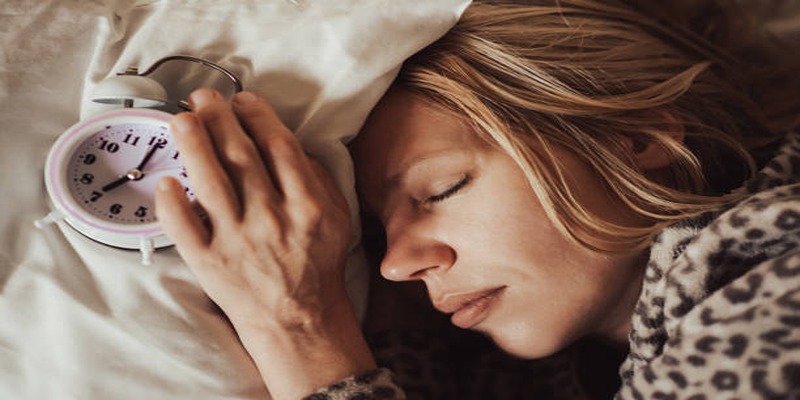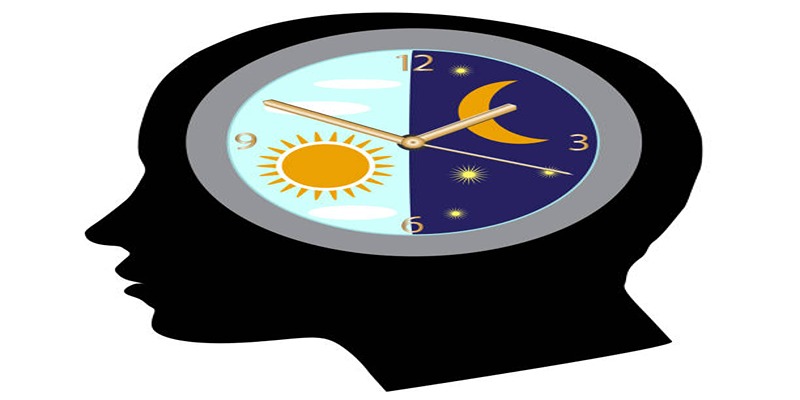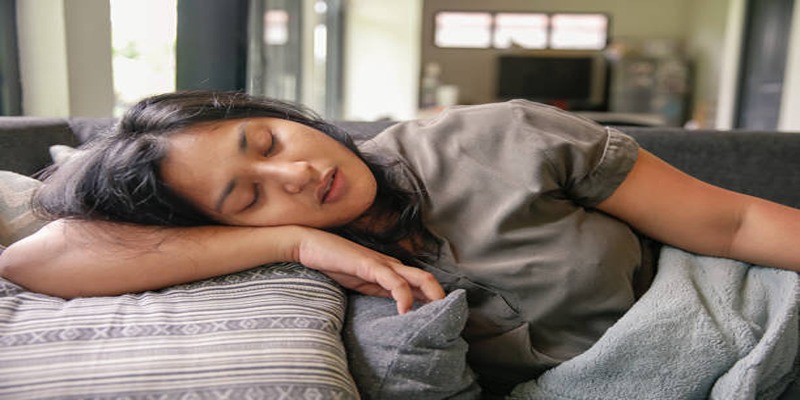Our body’s internal clock, also called the circadian rhythm, plays a big role in how we feel throughout the day. This natural system tells us when to wake up, eat, and sleep. However, as we grow older, these patterns often change. Many people find it harder to sleep at night or feel tired earlier in the evening. Understanding how age affects this rhythm can help us make better choices for our health and well-being. Adjusting to these changes can improve our sleep and daily energy levels.
The Basics of Circadian Rhythm

Our circadian rhythm is controlled by a part of the brain called the suprachiasmatic nucleus (SCN). This small region, located in the hypothalamus, receives information from our eyes about light and darkness. When it's dark outside, the SCN signals to release melatonin, a hormone that makes us feel sleepy. As morning approaches and it gets lighter outside, the SCN sends a signal to stop producing melatonin, helping us wake up.
The timing of this process varies for each person and can also change throughout their lifetime. In general, adults have a natural tendency to be more awake during daylight hours and sleep at night. However, as we age, our circadian rhythm shifts towards earlier sleep and wake times.
How Circadian Rhythm Changes With Age
The most profound alteration in the 24-h biological rhythms associated with aging involves the switch to the earlier sleep-wake schedules. This is because the SCN of our body becomes less responsive to signals from the light as people age. This makes it difficult for us to extend our time into the evening part and it ends up with waking up earlier in the morning.
Infants and irregular sleep patterns
Babies also have a very different circadian rhythm, which means babies need to sleep most of the time and they could easily get sleep anytime. As they invent and evolve, their body’s clock starts working in a way that follows the usual 24 hour day/night cycle.
Teenagers and later bedtimes
During puberty, teenagers experience a delay in their circadian rhythm, resulting in a natural tendency to stay up later at night and wake up later in the morning. This is due to hormonal changes that impact sleep patterns.
Older adults and decreased sleep quality
As we age, our body produces less melatonin which can make it harder to fall asleep at night. This often leads to fragmented sleep patterns, causing older adults to feel less rested when waking up in the morning.
Factors Influencing Age-Related Changes
Aside from the natural changes in our body’s internal clock, there are other factors that can influence how age affects our circadian rhythm. These include:
- Exposure to artificial light: As we age, our eyes become less sensitive to light signals, making it harder for us to regulate our sleep-wake cycle. Exposure to artificial light, especially in the evening, can disrupt this rhythm and make it harder for us to fall asleep.
- Changes in daily routines: Retirement or changes in work schedule can also impact our circadian rhythm. Without a regular routine, our body may struggle to maintain a consistent sleep pattern.
- Medical conditions: Chronic illnesses or certain medications can also affect our circadian rhythm and disrupt sleep patterns.
Health Impacts of Altered Circadian Rhythms
Disruptions in our circadian rhythm can have negative effects on our health, especially as we age. These include:
- Sleep disturbances: Changes in our circadian rhythm can lead to difficulty falling or staying asleep, resulting in insomnia and disrupted sleep patterns.
- Increased risk of chronic diseases: Studies have shown that disruptions in our circadian rhythm can increase the risk of developing chronic diseases such as obesity, diabetes, and cardiovascular disease. This is because our body's internal clock plays a role in regulating metabolism and other bodily functions.
- Mood and cognitive changes: Altered circadian rhythms have been linked to changes in mood and cognitive function, including increased irritability, memory problems, and depression.
Tips to Maintain a Healthy Circadian Rhythm

While changes in our circadian rhythm may be a natural part of aging, there are steps we can take to help maintain a healthy sleep-wake cycle.
Establish a regular sleep schedule
Going to bed and waking up at the same time every day, even on weekends, can help stabilize your circadian rhythm. This consistency trains your body to recognize when it’s time to rest and when it’s time to wake, enhancing the quality of your sleep over time.
Spend time outdoors
Exposure to natural light during the day can help recalibrate your internal clock. Try to spend time outside, especially in the morning, as this can signal to your body that it’s time to be awake and alert. This is particularly important for older adults, whose reduced sensitivity to light can make it harder to regulate their circadian rhythm.
Limit exposure to blue light at night
Artificial blue light, which is emitted by screens on phones, tablets, and computers, can interfere with melatonin production and disrupt your sleep. Turning off screens at least an hour before bed or using blue light filters can help mitigate its effects and promote better rest.
Incorporate relaxing bedtime routines
Engaging in calming activities before bed, like reading, meditating, or taking a warm bath, can signal to your body that it’s time to wind down. Avoid activities that might be too stimulating, as these can make it harder to fall asleep.
Stay active during the day
Engaging in regular physical activity can enhance sleep quality and support a healthy circadian rhythm. Try to incorporate moderate exercise into most days, but avoid intense workouts too close to bedtime, as they might make it harder to fall asleep.
Be mindful of your diet
Your eating habits can have a significant impact on your circadian rhythm. To promote better sleep, avoid heavy meals in the hours before bedtime, as they can disrupt your rest. If you’re feeling hungry, opt for light snacks instead, and make it a priority to stay hydrated throughout the day.
Conclusion
As we age, our circadian rhythm naturally changes and can have a significant impact on our health. By understanding these changes and implementing healthy habits, we can help maintain a consistent sleep-wake cycle and promote better overall well-being. Talk to your doctor if you’re experiencing persistent sleep disturbances or have concerns about your circadian rhythm. So, it is important to pay attention to our body's internal clock and take steps to keep it in sync with the natural day-night cycle. With proper care and attention, we can continue to sleep soundly and live healthier as we age.












